I want to select all tables in my database

Using Dynamic-SQL:
DECLARE @sql nvarchar(max) = N'',
@base nvarchar(max) = N'select * from $x$;';
SELECT @sql += REPLACE(@base, N'$x$;', QUOTENAME(name)+';
')
FROM sys.all_objects where type='U'
--PRINT @sql;
/*
select * from [trace_xe_action_map]; -- Why get this table!
select * from [trace_xe_event_map]; -- and this too!
select * from [errorTable];
select * from [table_objects];
select * from [table_fields];
select * from [alter_table];
select * from [computed_colonnes];
select * from [colonnes];
select * from [nullish_columns];
select * from [test];
*/
EXEC sys.sp_executesql @sql;
When I've run this: it tells me error that:
Msg 208, Level 16, State 1, Line 1 Invalid object name 'trace_xe_action_map'.
besides that I've added in the clause where condition and (name!='trace_xe_action_map' or name!='trace_xe_event_map'); but the same error?
How can I skip those two selected values (trace_xe_action_map, trace_xe_event_map)?
I also tried Top 8 with order by 1 desc to avoid two first records, But in the result I just got the first table selected dynamically! Instead of all tables.